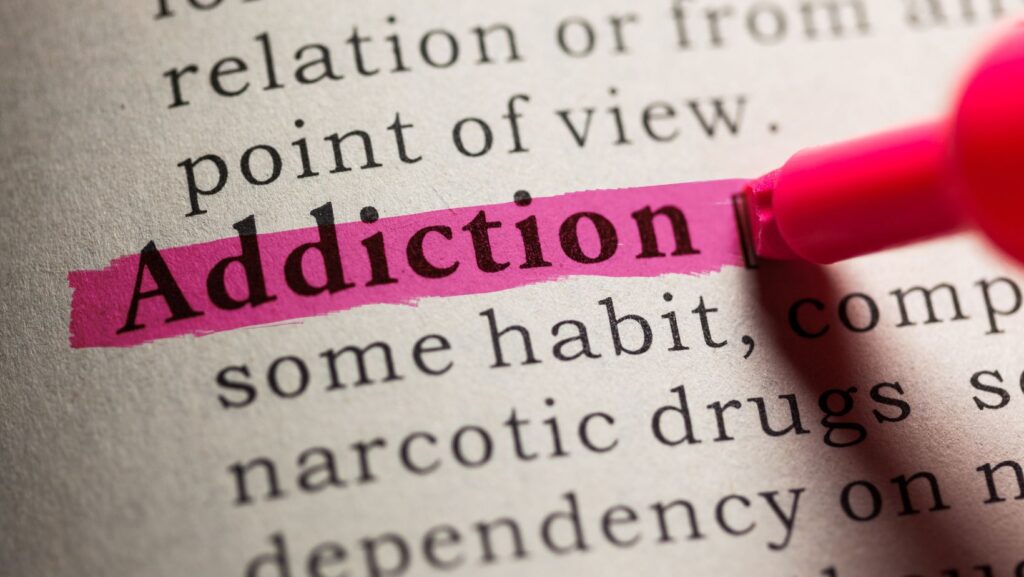Watching your child struggle with drug or alcohol addiction is terrifying because you know how devastating it can be to their life in the long run. It’s also scary to know that your child is being harmed by something you can’t fully protect them from, and so many parents in this situation feel helpless because ultimately, it’s up to your teen whether they get sober.
The first priority, of course, is getting your teenager into professional treatment. But there’s so much more that you can do as well to support them in their recovery.
- Educate Yourself About Addiction
Even if you have seen it a lot in your family, or if you yourself have struggled with substance use disorder, you might not be as knowledgeable about the actual disease of addiction and how it affects the brain. Finding trustworthy sources and learning about the science of addiction and its impact on a person can help you to better understand what your teenager is experiencing and why, and help you understand how to support them.
- Tell Them You’re There to Listen…and Follow Through
Nearly every parent of a teenager tells their teen, “You can talk to me about anything,” but if you don’t truly mean it or if your actions don’t match, you won’t have open lines of communication with your teenager, and communication is vital in addiction recovery. If your teen tries to talk to you about a concern and you lecture them instead, then they will stop confiding in you. Instead, actually follow through on your words by showing them compassion and understanding, not only during hard conversations but in your everyday interactions with them.
- Collaborate with the Adults in Your Teen’s Life
Develop a rapport with the trusted adults in your teenager’s life, like their teachers, addiction treatment providers or therapists, their friends’ parents, and so on. There might be times when they notice issues before you do, especially if your teen tries to hide their substance use from you because they don’t want to disappoint you. These adults might also be able to fill you in on other issues that could impact your child’s recovery that you might not know about, like bullying at school or conflict in the friend group.
- Learn About Adolescent Psychology
Your teenager doesn’t think the same way you do. That’s part of the reason there’s so often friction between teenagers and their parents. Their brain chemistry and brain development is different from yours so the way that they think and rationalize isn’t the same. Truthfully, every parent of a teenager should invest time learning about teen psychology to better understand how to communicate with their child, but it’s especially helpful when your child is struggling with behavioral health.
- Go to Therapy Yourself
There are multiple reasons why, if your child has substance use disorder, you should be in therapy too:
- Having a child with SUD is stressful and difficult, and the therapist can help you get through it
- Your actions and emotions affect your teenager, so the more mentally healthy you are, the healthier and more positive the environment will be at home, and this creates more stability for your teenager
- You’ll be leading by example, showing them that working on self-growth isn’t just something you’re expecting of them but that you’re doing it for yourself too
- Your therapist may be able to help you better understand your teen and their actions
All of these are worthwhile when you have a teenager with drug or alcohol addiction.
- Involve Your Teen in the Decision-Making
Addiction treatment isn’t something that can be forced upon someone – it only works if the person is actively engaged in the process and wants to be there. That’s why it’s important to make sure that, for your teenager, recovery feels more like something you’re doing with them, not to them.
You can do this by giving them more agency in the process. For example, rather than choosing a program and forcing them to go, talk to them about what they want in a treatment center, and allow the both of you to choose their program together. It’s also better to ask your teen what you can do to help them or what rules and boundaries will be helpful, rather than creating rules without their input. It’s all about approaching recovery as a team.
- Learn Your Teen’s Triggers
For a person in recovery at any age, part of addiction treatment for them is figuring out their triggers that draw them toward drugs and alcohol. As your teen works through this in treatment, open the dialog and ask them to share what triggers you can help them to avoid.

Then, find ways to help them with those triggers. For example, if peer pressure is a component, have a code word that your teen can text you if they’re in a tough situation, which tells you to call them and pretend you’re making them leave so that they can get out of the situation.
- Find Fun and Healthy Ways to Bond with Your Child
Building trust is a key part of helping your teen recover and strengthening your relationship with them. If all of your interactions relate to their substance use or what they’re doing wrong, they’ll start seeing you not as someone they enjoy in their life but as merely someone who tries to keep them in line.
Break that cycle and start having fun with your child again. Take time to do things together that you enjoy, and don’t turn the outing into a conversation about their addiction. Put all that aside and enjoy each other’s company.
- Keep Your Home Temptation-Free
You might enjoy a drink every so often without the need to go overboard, but having alcohol in the home or drinking in front of your teen is a risk to their sobriety. You can help support their recovery if you avoid drinking or being drunk in front of them and avoid keeping alcohol or drugs in the house. This lowers their risk of relapse but it also shows them that you’re willing to put in work for their recovery too.
Teenage Addiction Recovery is a Family Journey
Addiction affects the entire family, and the entire family also inevitably plays a role in the recovery process – the question is whether your influence will be a help or a hindrance. You want the best for your teenager with addiction, and the tips above will allow you to be a positive part of their recovery while also helping to strengthen your relationship with them so that you both have a happy and future ahead.
